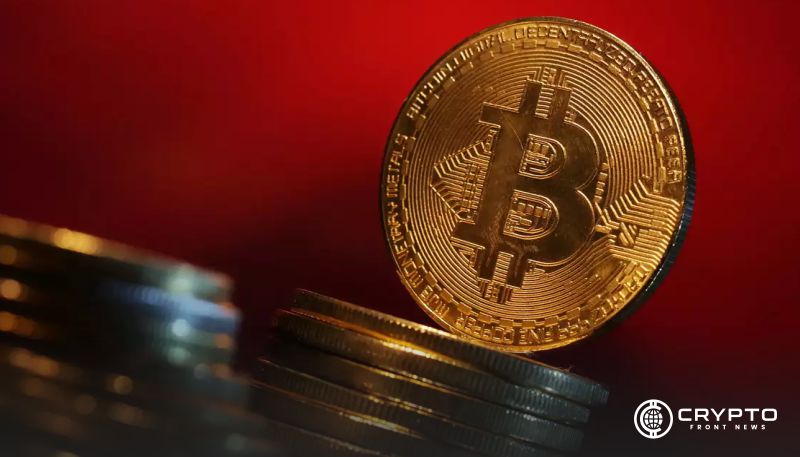- China’s nuclear expansion could power Bitcoin mining instead of supporting domestic or export infrastructure.
- Trade tensions with the U.S. may push China to use Bitcoin as an economic hedge.
- The ongoing presence of crypto ETFs in Hong Kong suggests policy flexibility within China’s broader strategy.
Bitcoin advocate Samson Mow has recently suggested that China may be considering a national Bitcoin strategy. The comments were made in a brief social media post that has since sparked broad industry discussions.
Mow, known for supporting the $1 million Bitcoin narrative, hinted that China’s expanding nuclear power capacity and control over mining hardware may form the backbone of a state-level pivot into Bitcoin mining.
Energy Development Meets Global Trade Pressure
China is currently building 26 nuclear reactors, significantly expanding its clean energy output. This development comes as the country remains a dominant force in the manufacturing of Bitcoin mining equipment. At the same time, trade tensions with the United States have escalated, with both countries now enforcing 34 percent tariffs on each other’s goods. These developments create a context in which China may opt to retain mining infrastructure for its use rather than exporting it.
Although China banned Bitcoin trading and mining operations in 2021, Bitcoin-related financial products such as ETFs are still accessible in Hong Kong. This indicates a degree of policy flexibility. Mow did not claim that Bitcoin would return for retail or corporate use in mainland China. Instead, he suggested that the country could deploy a mining operation as a strategic reserve.
A Fourth Option in a Tight Economic Situation
China is currently evaluating several economic responses to ongoing pressure from the United States. Recent commentary online has discussed scenarios including currency devaluation or large-scale monetary stimulus. Mow proposed a fourth path that involves Bitcoin as a strategic hedge. This would potentially enable China to diversify assets without increasing debt exposure or accepting unfavorable trade terms.
The existence of Bitcoin and Ethereum exchange-traded funds (ETFs) in Hong Kong serves as evidence for ongoing Chinese speculation regarding their future crypto strategy. The regional status defines Hong Kong as China-governed territory which enables lawful digital asset operations through a hidden gateway.





